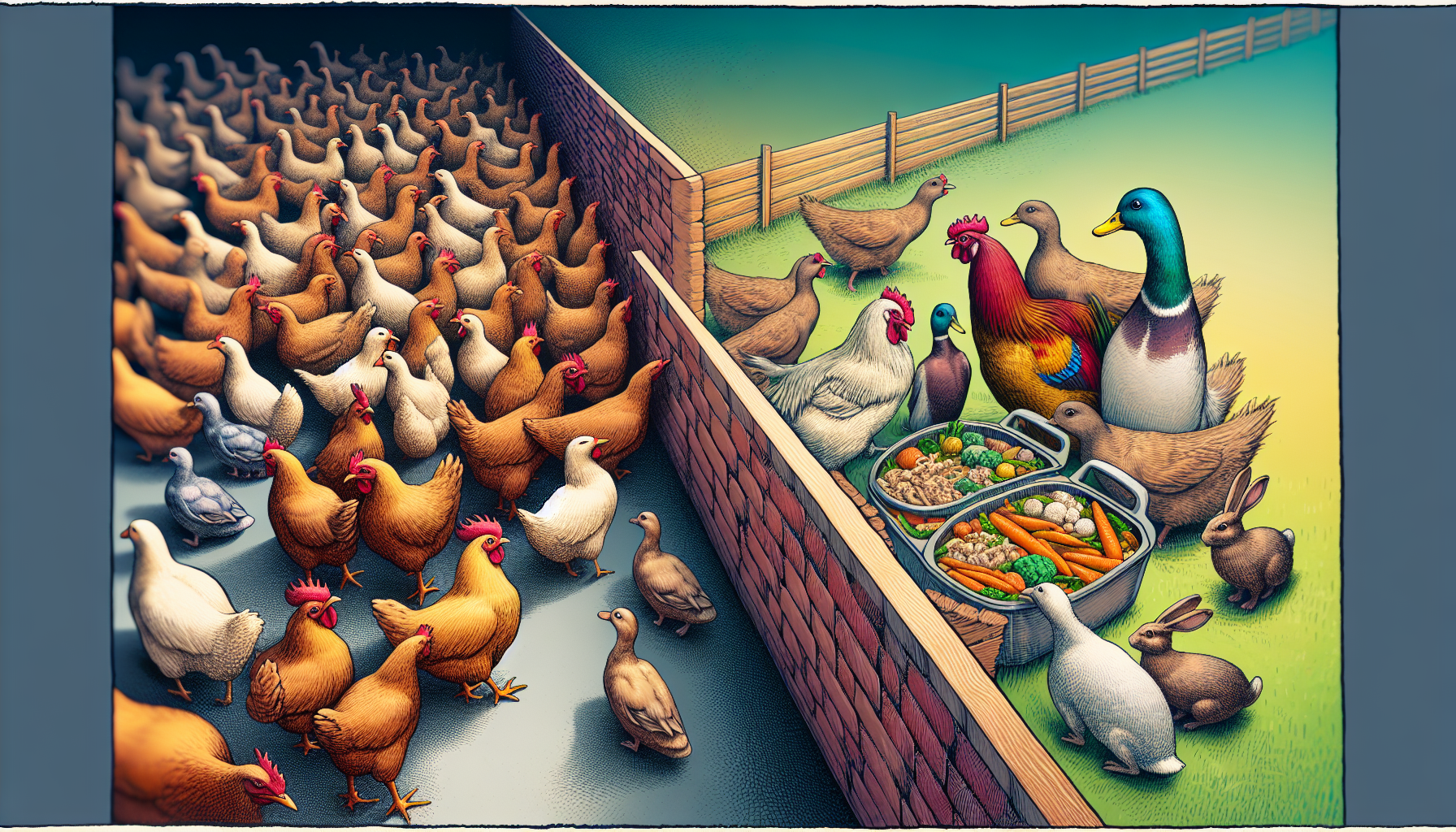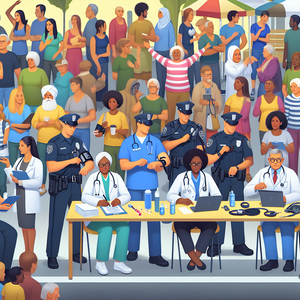From Crime Scene to Courtroom: The Role of a Blood Spatter Analyst

Blood spatter analysis is a specialized field within forensic science that interprets the patterns formed by blood at a crime scene. The primary function of a blood spatter analyst is to reconstruct events surrounding a violent incident, using science to answer critical questions: How did the blood get there? What type of weapon was used? Was the victim standing, sitting, or lying down during the attack? To answer these questions, analysts must possess a deep understanding of physics, biology, and mathematics. They meticulously study the size, shape, and distribution of blood droplets to determine the origin of the blood and the dynamics of the event that caused the spatter. The process often involves the use of specialized tools and techniques, such as high-speed photography and computer simulations, to create accurate representations of the blood patterns observed.
Case Studies: Real-World Applications
One of the most notable cases where blood spatter analysis played a pivotal role was the O.J. Simpson trial in the 1990s. The prosecution's blood spatter expert, Dr. Henry Lee, presented compelling evidence that suggested the position of the blood spatter contradicted Simpson's alibi. Despite the eventual outcome of the trial, the insights provided by blood spatter analysis underscored the critical nature of forensic evidence in legal proceedings. Another prominent example is the case of the murder of 9-year-old Jennifer Moore in 2009. Blood spatter analysis was instrumental in establishing the sequence of events leading up to her tragic death. The findings helped law enforcement pinpoint the timeline of the crime, ultimately leading to the conviction of her perpetrator. These cases illustrate how blood spatter analysts can not only clarify the circumstances of a crime but also influence the course of justice through their expert testimony.
The Importance of Expertise and Accuracy
The role of blood spatter analysts extends beyond the collection and examination of evidence; they must also communicate their findings effectively in court. Their ability to present complex scientific data in an understandable manner is crucial for juries and judges who may not have a scientific background. For example, an analyst may need to explain the significance of the angle and velocity of a blood droplet in relation to the position of the victim and assailant during the crime. Mistakes in blood spatter analysis can have dire consequences. Inaccurate conclusions can lead to wrongful convictions or the acquittal of guilty parties. This underscores the need for rigorous training and continuous education in the field. Many analysts hold advanced degrees in forensic science or related fields, and ongoing professional development is essential to stay current with new technologies and methodologies. According to the Bureau of Labor Statistics, forensic science technicians, including blood spatter analysts, earn an average salary of around $60,590 per year, reflecting the level of expertise required in this field.
Challenges Faced by Blood Spatter Analysts
Despite the importance of their work, blood spatter analysts face unique challenges. The emotional toll of working with violent crime scenes can be significant, often leading to stress and burnout. The psychological impact of repeatedly encountering scenes of trauma and violence requires analysts to have strong coping mechanisms and support systems in place. Additionally, the field is not without controversy; analysts may find their methodologies scrutinized under legal standards, and they must constantly defend their findings against opposing experts in court. The adversarial nature of the legal system means that blood spatter analysts often find themselves in a position of having to justify their interpretations, which adds pressure to their already demanding roles. Furthermore, the evolving landscape of forensic science means that blood spatter analysts must adapt to new technologies and techniques, such as 3D modeling and advanced software for pattern analysis. Staying ahead of these changes is vital for maintaining accuracy and credibility in their work. The emergence of new methodologies also necessitates continuous training and adaptation, ensuring analysts can provide the most reliable evidence possible.
Blood spatter analysts play an indispensable role in the criminal justice system, providing clarity and insight into the events surrounding violent crimes. Their expertise not only aids law enforcement in solving cases but also plays a significant role in ensuring justice is served in the courtroom. As technology continues to advance and methods become more refined, the importance of accurate blood spatter analysis will only grow. Recognizing and appreciating the work of these skilled professionals is essential to understanding how justice is pursued and achieved in our society. By bridging the gap between scientific analysis and legal proceedings, blood spatter analysts contribute significantly to the pursuit of truth, underscoring their critical position in the realm of forensic science.
Forensic Pathologist
Medical examiners' offices, government health departments, private forensic laboratories
Core Responsibilities
Perform autopsies to determine the cause and manner of death, particularly in violent cases.
Collect and analyze tissue and fluid samples for toxicological testing.
Collaborate with law enforcement and legal teams to provide expert testimony in court.
Required Skills
Medical degree (MD or DO) with a specialization in forensic pathology.
Strong analytical and critical thinking skills to interpret complex data.
Excellent communication skills for conveying findings to non-medical audiences.
Crime Scene Investigator (CSI)
Law enforcement agencies, federal investigative bodies, private forensic consulting firms
Core Responsibilities
Process crime scenes by collecting evidence, photographing scenes, and documenting findings.
Analyze physical evidence, including blood spatter, to reconstruct events.
Prepare detailed reports and present evidence in court as needed.
Required Skills
Background in forensic science, criminal justice, or a related field, often with certification (e.g., IAI).
Proficiency in forensic photography and evidence collection techniques.
Strong attention to detail and the ability to work under pressure.
Forensic Toxicologist
Forensic laboratories, hospitals, government agencies
Core Responsibilities
Analyze biological specimens (blood, urine, tissues) to detect drugs, alcohol, and poisons.
Collaborate with law enforcement during investigations involving overdoses or poisoning.
Provide expert testimony regarding toxicology findings in court.
Required Skills
Degree in toxicology, chemistry, or forensic science, with specialized training in forensic toxicology.
Strong laboratory skills and experience with analytical instrumentation (e.g., GC-MS).
Ability to interpret complex toxicological data and communicate findings clearly.
Forensic DNA Analyst
State and federal crime labs, private forensic laboratories, law enforcement agencies
Core Responsibilities
Analyze DNA samples from crime scenes to identify suspects or victims.
Maintain a chain of custody for all evidence and ensure accurate documentation of results.
Interpret DNA profiles and provide expert testimony in legal proceedings.
Required Skills
Bachelor’s or Master’s degree in biology, genetics, or forensic science with DNA analysis training.
Familiarity with laboratory techniques such as PCR, electrophoresis, and STR analysis.
Strong problem-solving skills and attention to detail.
Forensic Psychologist
Private practices, correctional facilities, law enforcement agencies, legal firms
Core Responsibilities
Assess individuals involved in legal cases, including competency evaluations and risk assessments.
Provide insights into the psychological aspects of criminal behavior for law enforcement and legal teams.
Offer expert testimony regarding the mental state of defendants or victims in court.
Required Skills
Doctorate in psychology with specialized training in forensic psychology.
Strong understanding of legal principles and mental health issues.
Excellent analytical and communication skills for presenting findings effectively.


